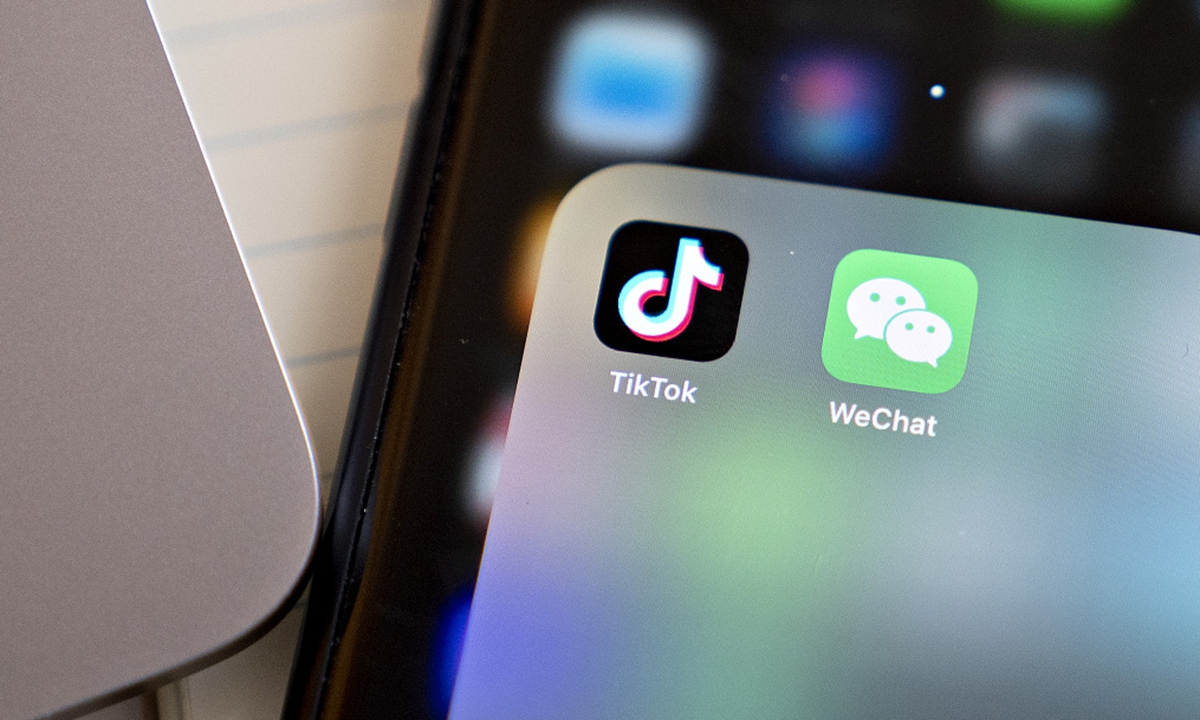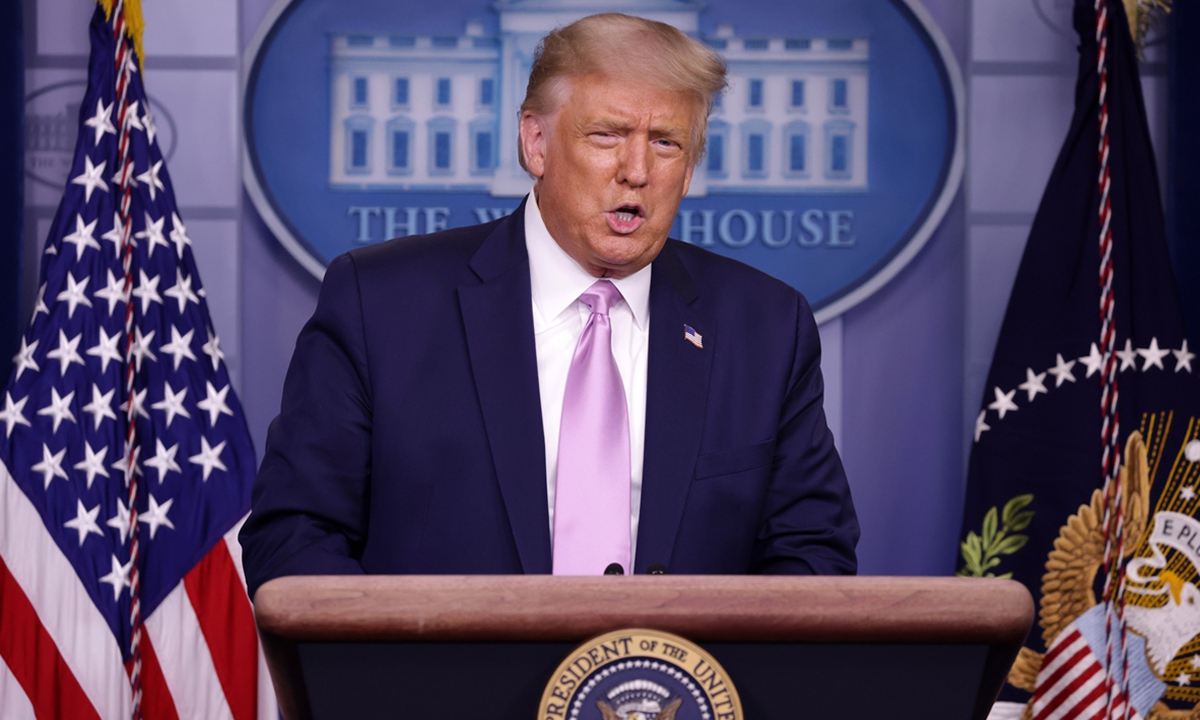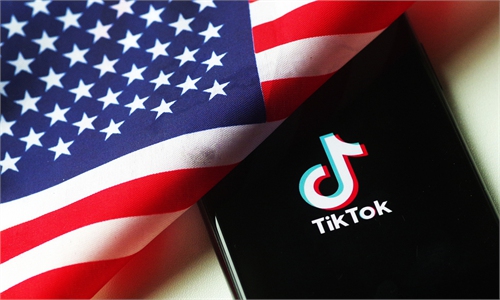OPINION / VOICES
US digital iron curtain falls on Chinese apps

WeChat TikTok Photo:VCG
As the US Commerce Department issued on Friday an order banning downloads and the use of popular Chinese apps WeChat and TikTok, the iron curtain that decouples the internet systems of China and the US has virtually fallen, but that hasn't addressed the data security concerns in the digital era.
Under the new regulations, downloads or updates for TikTok and WeChat apps will be prohibited in the US starting on Sunday.
WeChat will also be barred from other technical transactions in the country on the same day, which include data hosting, content delivery services and internet transit or peering services, pointing to damages to the app's functionality accordingly.
And the same set of technical transactions will also work on TikTok starting on November 12, an arrangement that appears to allow the company additional time for a forced sale of TikTok's US operations.
The US may have tried to justify its TikTok and WeChat bans with national security concerns, but what they have been doing suggests the opposite.
This is because ByteDance, the parent company of TikTok, has reportedly reached a deal with US software company Oracle, which aims to address US concerns about the security of American users' data. ByteDance will retain its algorithms, but Oracle will have the control over American users' data, according to media reports. The deal is currently awaiting Trump's approval.

US President Donald Trump Photo: AFP
While Trump said on Friday that a deal between TikTok and a US-based company could "go quickly," it is hard to tell whether his standard of protecting user data is the same thing as the what tech world has been attending to.
From the technical point of view, the potential deal between TikTok and Oracle has done a good job of addressing national security concerns, but the question is: Does the US suppression on specific Chinese companies really have anything to do with national security or users' data protection? Probably not.
The US is showing that this once-open nation is increasingly closed to outsiders. There has never been any factual evidence to justify US bans on TikTok and WeChat, but that hasn't stopped the US from resorting to "mafia-style" extortion.
What they have been doing has made it crystal clear that they don't really care about the user data security as they claimed, which is just an excuse for its bullying and punishment of Chinese tech companies for their successful expansion in the US market.
If anything, the public negation of the principles of the market economy and fair competition that the US political elites have always boasted about will hurt market and investor confidence eventually.
It is true that the US government or its internet industry may feel threatened by the rapid growth of Chinese internet companies. TikTok has 100 million users, mostly young people, in the US, while WeChat has had an average of 19 million daily active users in the country. But abusing state power to simply shut the doors to foreign firms is a wrong approach from all measures.
Risks to data security may be real, which requires joint efforts from all relevant parties to work out rules on privacy protection, data transaction, business ethics and so on that respect the interests of all parties. Mindless attempt to turn internet into a local area network will end up isolating itself and hurting all internet companies, no matter whether they are based in the US or China.
Neither Chinese companies nor its government will passively swallow the unfair treatment. Just like China's Ministry of Commerce said in a Saturday statement that if the US insists on going its own way, China will take necessary measures to resolutely safeguard the legitimate rights and interests of Chinese companies.
Global Times


